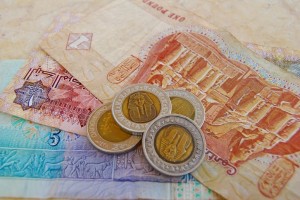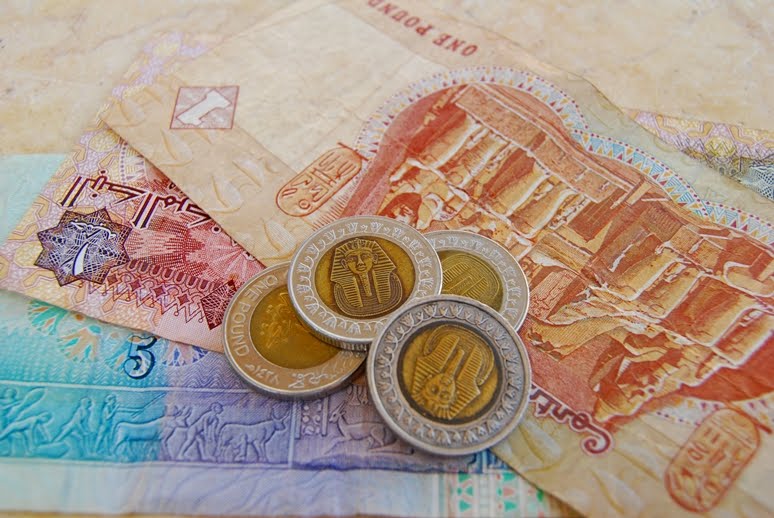
(DNE File Photo)
“The law has been passed for a simple reason and that’s basically because it’s part of the International Monetary Fund (IMF) deal,” said financial expert Magdy Tolba.
The new tax law will widen the top tier tax bracket of 25% tax, formerly for those earning above EGP 10m, to include those earning EGP 250,000.
Those earning less than EGP 5,000 per annum will continue to pay no taxes.
However, the second tier tax bracket previously for those earning between EGP 5,000 and EGP 20,000, will now include those earning up to EGP 30,000, who will now pay 10% instead of the previous 15%.
Tolba said the decision was necessary for the Egyptian government to successfully strike a deal on the hoped for $4.8bn IMF package.
“The differences in income taxes are also Morsi’s way of trying to prove income equality and justice among Egyptians,” he said.
He described the law as “ambiguous” as it will appear to average citizens that President Mohamed Morsi is trying to achieve one of the revolution’s demands, while he is actually trying to satisfy the IMF.
“This is another method of appeasing the Egyptian people, making things appear fine on the surface,” said economic expert Reda Eissa.
He said the decision could be viewed as a way for the Muslim Brotherhood to garner support for the upcoming parliamentary elections, slated to take place in October.
The previous law charged 10% for those earning from EGP 5,000 to EGP 20,000; 15% for those earning between EGP 20,000 and EGP 40,000; 20% for those earning between EGP 40,000 and EGP 10m; and 25% for those earning above EGP 10m.
The new law requires Egyptians who earn between EGP 30,000 and EGP 45,000 to pay the 15% tax rate, while those who earn between EGP 45,000 and EGP 250,000 will now pay 20%, and 25% for those above EGP 250,000.
Others have said that the turbulent economic climate has forced the Shura Council to pass the law.
“The overall environment is not good. There’s a frightening budget deficit that the government is trying to cut,” said Angus Blair, a financial analyst at Signet Institute.
All companies will also be subjected to a unified tax rate of 25%, compared to the present law taxing those earning less than EGP 10m per year at 20%.
Blair said that this is not necessarily the best solution for many companies, especially when it comes to profit.
The IMF has asked the Egyptian government to reduce its budget deficit, which is expected to reach 11.5% of the country’s GDP in the fiscal year ending June.
The new taxes, which need to be ratified by Morsi, who also acts as a legislative authority, will become effective within one month of their final approval.



